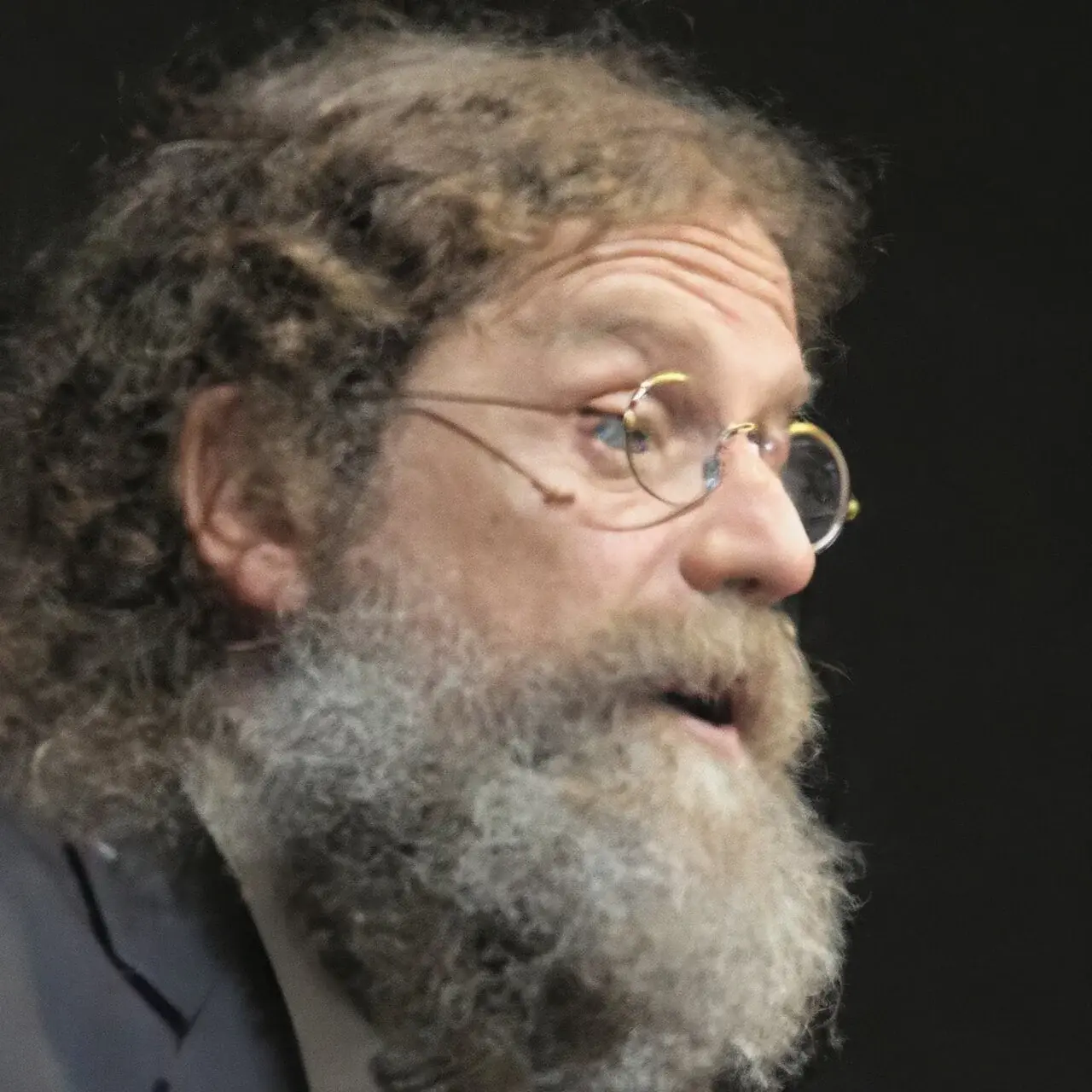- cross-posted to:
- futurology@futurology.today
- science@kbin.social
- cross-posted to:
- futurology@futurology.today
- science@kbin.social
deleted by creator
If someone kills a bunch of people no amount of philosophical quibbling and defining is going to make me think that person should be allowed to continue living in society, justice simply couldn’t be a concept at all in the absence of some form of free will
Wouldn’t it require an act of free will to decide that the murderer had no free will and therefore shouldn’t be jailed? If we have no free will and are always acting in response to that complex array of dominos, then the judge and jury sending the murderer to prison have the same amount of choice as the murderer.
That would be correct, the judge and jury have no more choice than the murderer, which is none. Hypothetically, the appearance of choice doesn’t mean there is choice or free will. As a slightly tortured analogy, like “perfect” loaded dice, which appear that they could be anything but always give the same result.
Punitive justice may not make sense without free will, but restorative and preventative justice still does.
I don’t think any scientist, no matter how reasoned, could adequately answer this question – because it’ll boil down to semantics over the definition of “free will”, then devolve into solipsism. A better headline would be something like: “Renowned biologist argues his belief in lack of free will.”
Free will is often defined as the capability to have done otherwise.
and that is why math theorem starts with definitions of the terms.
As most who have already commented here, I’m somewhat unimpressed (and would expect more analytical subtlety from a scientist). Wittgenstein already fully dissected the notion of “free will”, showing its semantic variety of meanings and how at some depth it becomes vague and unclear. And Nietzsche discussed why “punishment” is necessary and makes sense even in a completely deterministic world… Sad that such insights are forgotten by many scientists. Often unclear if some scientists want to deepen our understanding of things, or just want sensationalism. Maybe a bit of both…
Scientists can have opinions and beliefs. A news organization encouraging it as being a scientific conclusion only because it comes from a scientist is really the issue here.






